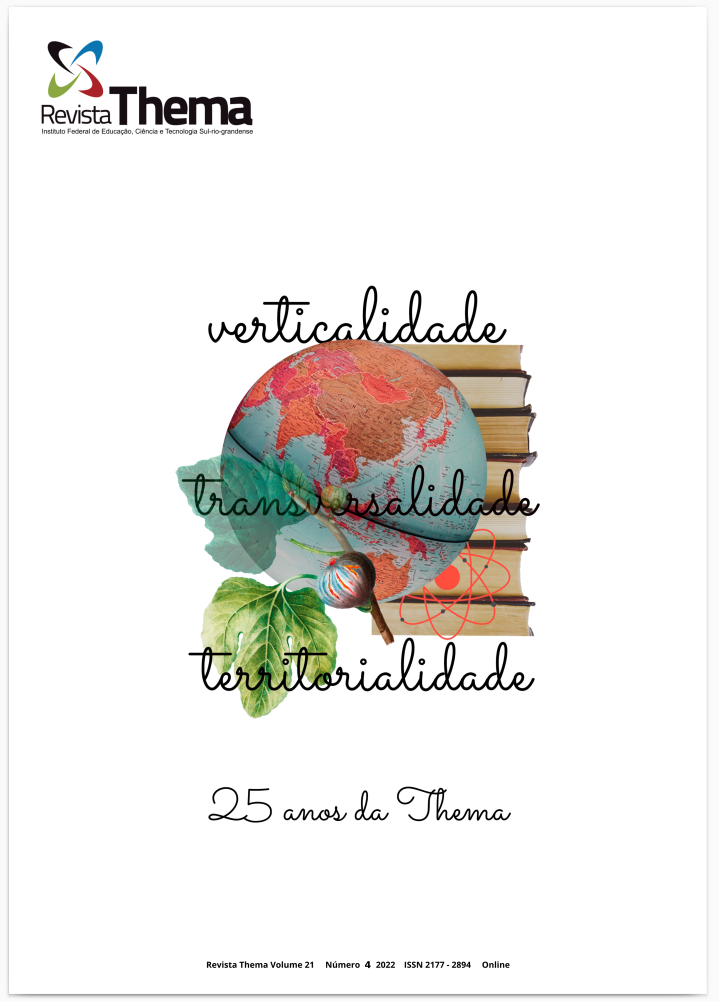Do teachers learning styles influence in science teaching in the early years of fundamental education?
DOI:
https://doi.org/10.15536/thema.V21.2022.957-975.2522Abstract
Science education has undergone transformations over time, however, some issues still need to be overcome. Furthermore, the teacher's teaching style is a reflection of their style of learning and if there are no similarities of styles between teachers and students, learning is compromised. This study aimed to understand the learning styles and preferences of practices developed in the classroom in Science teaching by teachers in the early years of elementary school. We use a quali-quantitative approach and convenience sampling. The instruments for data collection were: questionnaire and N-ILS test (New Index of Learning Styles). For statistical analysis, statistical software in the free version of tests was used: Statistica 12 and Statistical Packages for the Social Sciences (SPSS 20). Most teachers preferred the sensory/visual/active/sequential learning style, it was found that teachers emphasize concrete and factual information, inductively organize the content and consider that the active participation mode of students facilitates the educational process.
Downloads
Downloads
Published
How to Cite
Issue
Section
License
O autor responsável pela submissão representa todos os autores do trabalho e, ao enviar o artigo para a revista, está garantindo que tem a permissão de todos para fazê-lo. Da mesma forma, assegura que o artigo não viola direitos autorais e que não há plágio no trabalho. A revista não se responsabiliza pelas opiniões emitidas.
A Revista Thema é de acesso aberto (Open Access), sem que haja a necessidade de pagamentos de taxas, seja para submissão ou processamento dos artigos. A revista adota a definição da Budapest Open Access Initiative (BOAI), ou seja, os usuários possuem o direito de ler, baixar, copiar, distribuir, imprimir, buscar e fazer links diretos para os textos completos dos artigos nela publicados.
Todos os artigos são publicados com a licença Creative Commons Atribuição-NãoComercial 4.0 Internacional. Os autores mantém os direitos autorais sobre suas produções, devendo ser contatados diretamente se houver interesse em uso comercial dos trabalhos.





